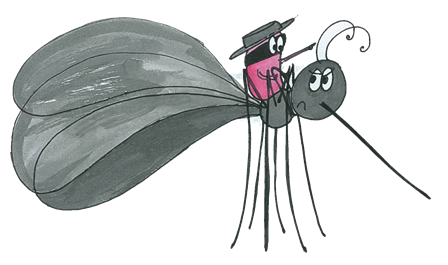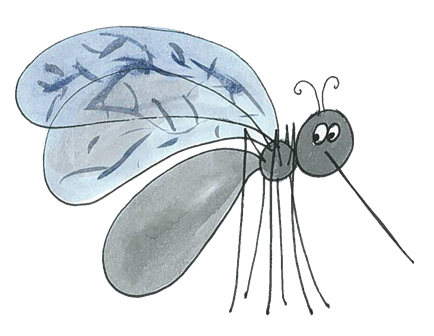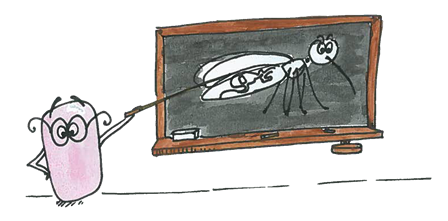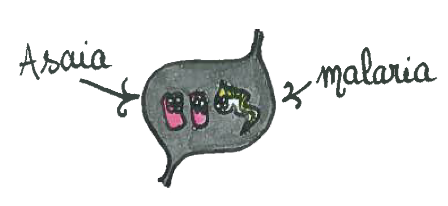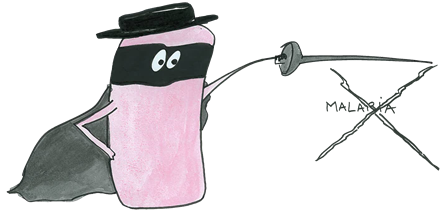Team:EPF Lausanne/Project
From 2010.igem.org
(Difference between revisions)
| Line 34: | Line 34: | ||
This bacteria would express an [https://2010.igem.org/Team:EPF_Lausanne/Project_immuno immunotoxin] and specific [https://2010.igem.org/Team:EPF_Lausanne/Project_immuno proteins] to kill the plasmodium or prevent its entry into the epithelium. | This bacteria would express an [https://2010.igem.org/Team:EPF_Lausanne/Project_immuno immunotoxin] and specific [https://2010.igem.org/Team:EPF_Lausanne/Project_immuno proteins] to kill the plasmodium or prevent its entry into the epithelium. | ||
| - | [[Image:all_team.png | + | [[Image:all_team.png|200px|caption]] [[Image:hunting.png|200px|caption]] |
| - | [[Image:hunting.png | + | |
The immunotoxin and the proteins then fight the plasmodium and thus prevent the mosquito infection. | The immunotoxin and the proteins then fight the plasmodium and thus prevent the mosquito infection. | ||
Revision as of 13:32, 25 October 2010


Overview
The aim of our project is to help stopping the propagation of Malaria. To do so, we chose to act on the mosquito. Indeed, if we prevent the mosquito from being infected by malaria, it won't be able to transmit the parasite to healthy humans.
Our idea is to engineer Asaia, a bacteria that is naturally present in the mosquito's intestinal tract.
This bacteria would express an immunotoxin and specific proteins to kill the plasmodium or prevent its entry into the epithelium.
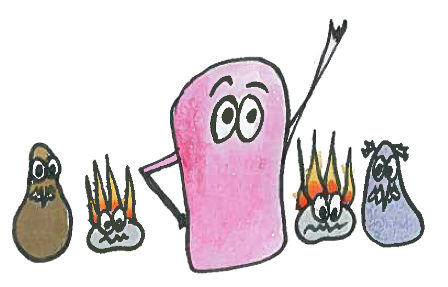
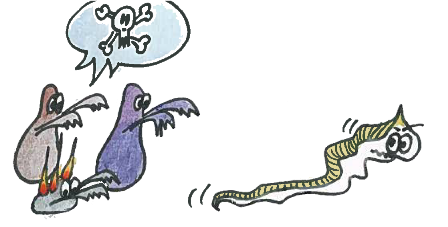
The immunotoxin and the proteins then fight the plasmodium and thus prevent the mosquito infection.
So... ASAIA is the pink power against malaria.....
For a playful overview of our project, you can watch our great movie
iGEM EPFL movie

 "
"

















